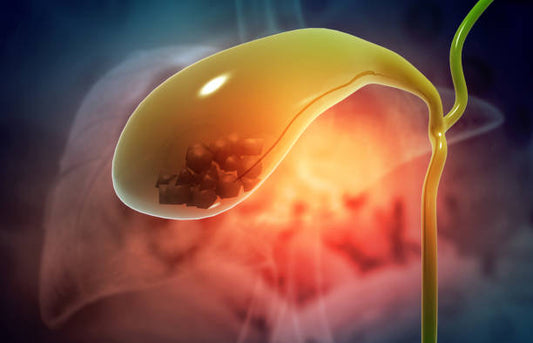Kutaja, also known as Holarrhena antidysenterica, is a plant native to Southeast Asia and India. It has been used for centuries in traditional Ayurvedic medicine to treat a variety of ailments.

What is Kutaja?
Kutaja is a small to medium-sized tree that belongs to the family Apocynaceae. It grows up to 20 meters in height and has a greyish-brown bark. The leaves are large and glossy, and the flowers are white with purple centers. The fruits are oblong and woody, and contain numerous seeds.
The plant is commonly found in the Indian subcontinent, Southeast Asia, and Malaysia. It is known by various names such as Connessi Bark, Tellicherry Bark, Kuda, and Kurchi.
Usage of Kutaja
Kutaja has been used for centuries in traditional Ayurvedic medicine to treat a variety of ailments, including diarrhea, dysentery, and fever. It is also used as a natural remedy for skin diseases, diabetes, and high blood pressure.
In Ayurvedic medicine, the bark of the tree is used for its medicinal properties. The bark is dried, powdered, and then consumed as a decoction or infusion. It can also be taken in the form of capsules, tablets, or tinctures.
Benefits of Kutaja
Kutaja has several potential health benefits, including:
Side Effects of Kutaja
Although Kutaja has several potential health benefits, it may also cause some side effects in certain individuals. Some of the potential side effects include:
Reference
"Holarrhena antidysenterica (L.) Wall. ex G. Don." Plants of the World Online, Kew Science. Accessed 23 Apr. 2023. https://powo.science.kew.org/taxon/urn:lsid:ipni.org:names:101389-1Author: Nikita Vishnoi BCA












